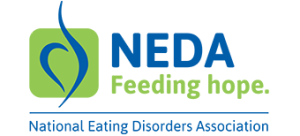NEDA Blog Directory
NEDA’s blog consists of experiences of individuals impacted by eating disorders and information from clinicians as well as researchers. Whether you’re interested in reading lived experiences, ways to advocate, or learn about the latest developments in the eating disorders field – NEDA’s blog encompasses the importance of shared knowledge within the community.


